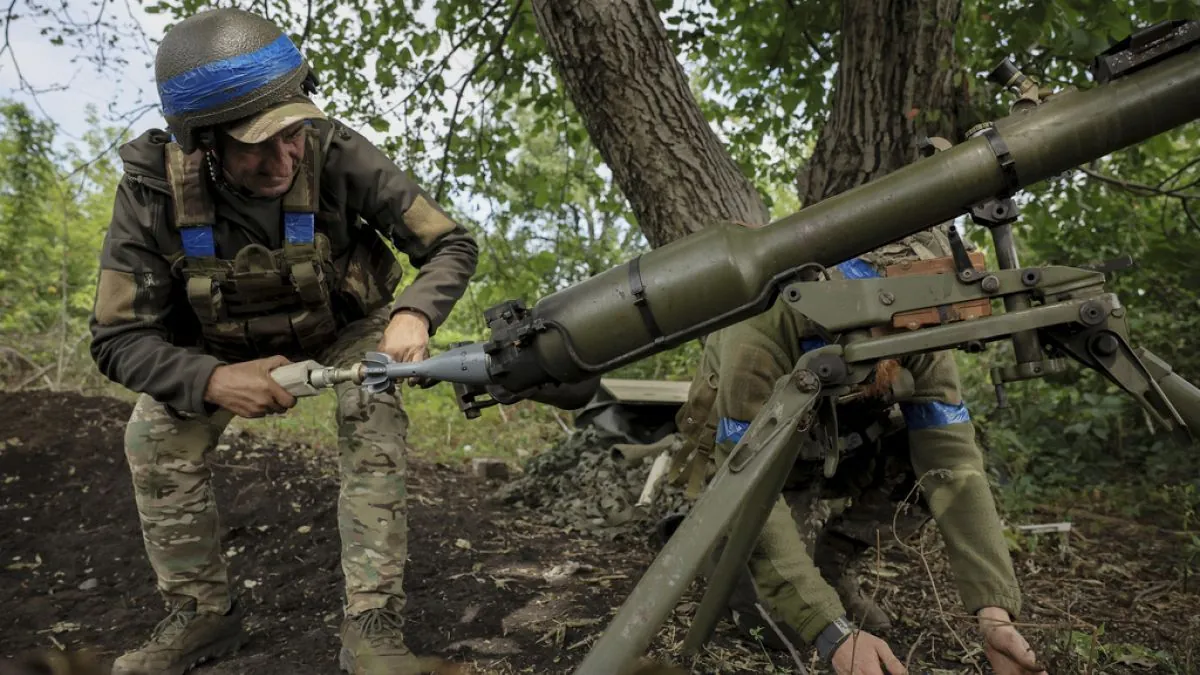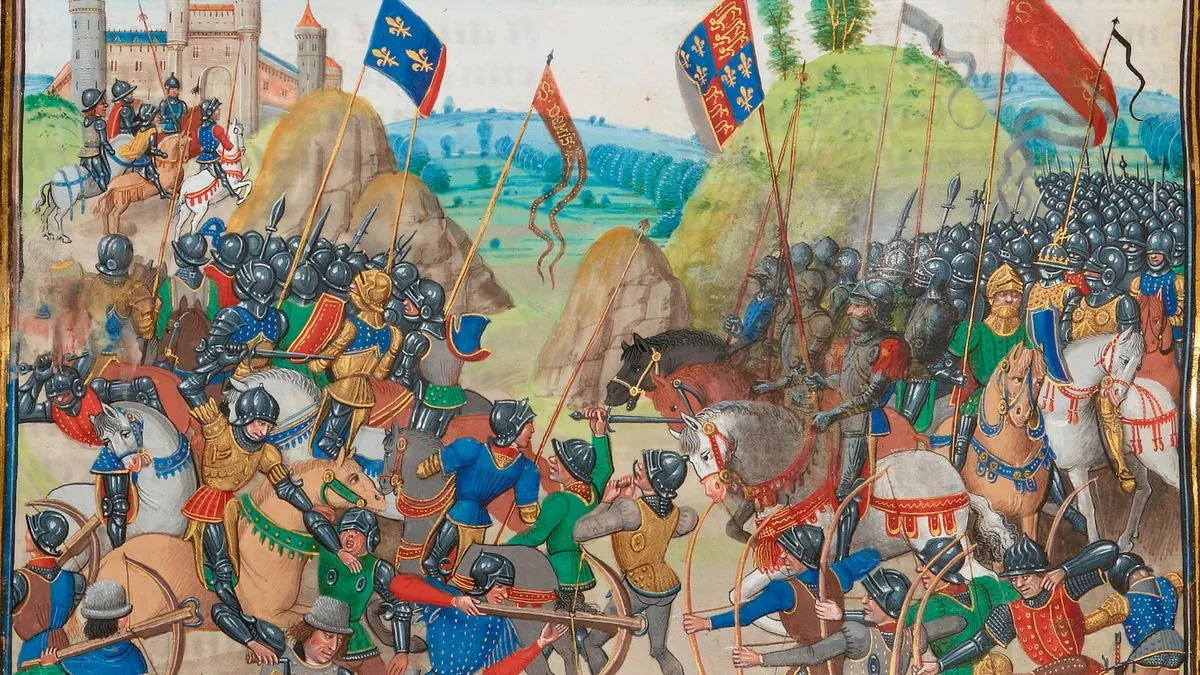Ukraine's Kursk Offensive: A Historical Perspective on Modern Warfare
Ukraine's surprise incursion into Russia's Kursk region draws parallels with historical conflicts, offering insights into military strategy and political implications in the ongoing war.

On August 6, 2024, Ukrainian forces launched a bold offensive into Russia's Kursk oblast, capturing more territory in a week than Russia's advances in the Donbas region throughout the year. This unexpected maneuver has drawn comparisons to historical conflicts, providing valuable insights into the nature of modern warfare and its political implications.
The Kursk offensive bears striking similarities to the campaign preceding the Battle of Crécy in 1346 during the Hundred Years' War. Like the English king Edward III's incursion into France, Ukraine's attack serves to humiliate the enemy by demonstrating their inability to secure their own territory. This strategy can provoke rash decisions from the opponent, as seen in Philip VI of France's ill-fated response at Crécy.

"Philip attacked even though his troops were tired and spread out, and even though his enemy was in prepared positions. He took these risks because public opinion demanded it."
The Ukrainian offensive also draws parallels to the Swedish attack on Denmark in 1643 during the Thirty Years' War. Both operations were characterized by their secrecy and rapid execution. Lennart Torstensson, the Swedish general, and Ukrainian military planners both meticulously prepared their routes in advance, catching their opponents off guard.
Ukraine's incursion into Kursk may serve a similar purpose to the Swedish campaign: forcing compliance with political goals through military pressure. By demonstrating their capability to strike within Russian territory, Ukraine strengthens its diplomatic position and potentially secures future aid from allies.
However, the political context of the conflict imposes constraints on Ukraine's military actions. The United States has restricted the use of provided weapons for attacks inside Russia, limiting Ukraine's options. This situation echoes the challenges faced by the Holy Roman Empire during its 1637 Pomeranian campaign, where political agreements hampered military effectiveness.
The success of Ukraine's Kursk offensive remains uncertain. While it has undoubtedly shifted the narrative and boosted confidence in Ukraine's capabilities, Russia has not yet taken the bait by transferring significant forces from the Donbas front. The outcome will depend on Ukraine's ability to capitalize on its initial success and navigate the complex political landscape of international support.
As history has shown, from the Hundred Years' War to the Thirty Years' War, military operations are deeply intertwined with political considerations. The Kursk offensive serves as a reminder that modern warfare, like its historical predecessors, is as much about perception and diplomacy as it is about territorial gains.


































